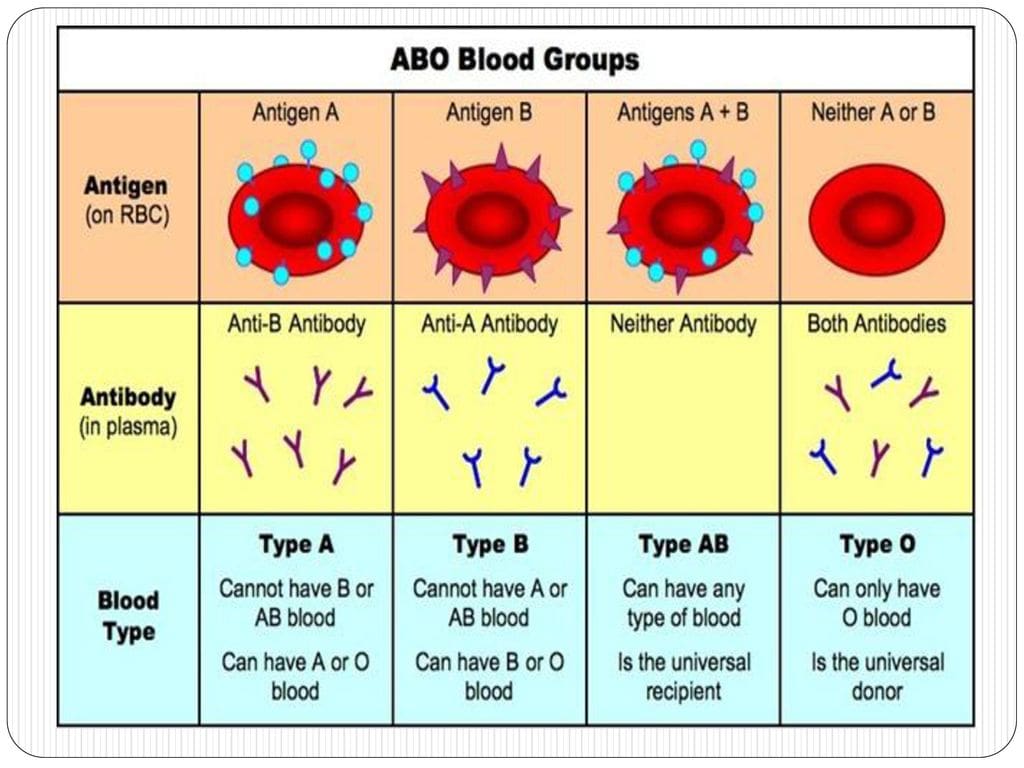Most people are familiar with the ABO blood group and its advantages and disadvantages, but this is by no means the only kind. Two instances of fetal and neonatal hemolytic illness that had been unsolved for 30 years have been resolved thanks to the discovery of a unique new blood group system by researchers at the University of Bristol and NHS Blood & Transplant.
Scientists Discover New Blood Groups
Red blood cells carry proteins called groups that indicate a person’s blood type. Alloimmunization, or the production of antibodies against the foreign group, may occur when two people with different blood types have a transfusion.
Bristol University’s School of Biochemistry and the National Health Service Blood Transfusion Service’s International Blood Group Reference Laboratory recently collaborated on a study to solve a mystery that had persisted for 30 years “surrounding the basis of 3 main, but biologically uncharacterized, antigens that did not match into any known group system,” according to a press release.
The researchers looked at individuals who had alloantibodies to a panel of antigens including Era, Erb, and Er3. They identified particular mutations in the Piezo1 protein-encoding gene that caused a different protein to be expressed on the cell surface.
Researchers demonstrated that Piezo1 is the carrier for these sites by DNA sequencing and gene editing, so establishing Er as a new blood group system. The team looked at the medical records of two mothers who had suffered fetal and infant losses due to hemolytic illness, notwithstanding the rarity of two variants within the Er group. Due to a lack of compatibility with the mother’s blood type, the red blood cells of a newborn infant with hemolytic fetal hemoglobin (HDFN) rapidly degrade.



